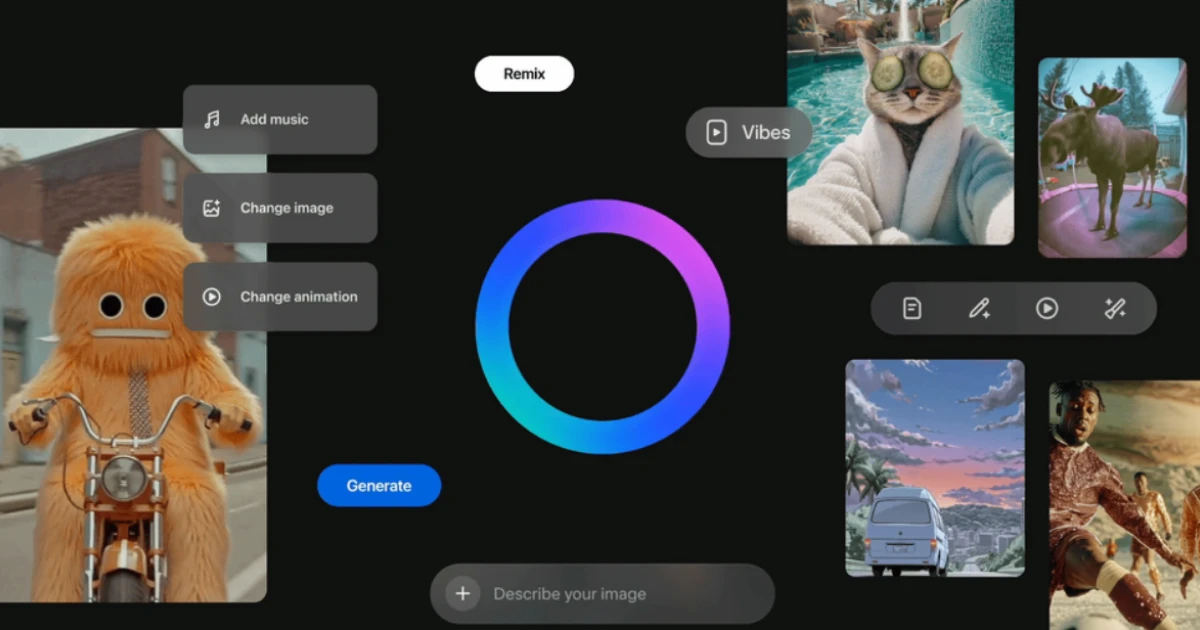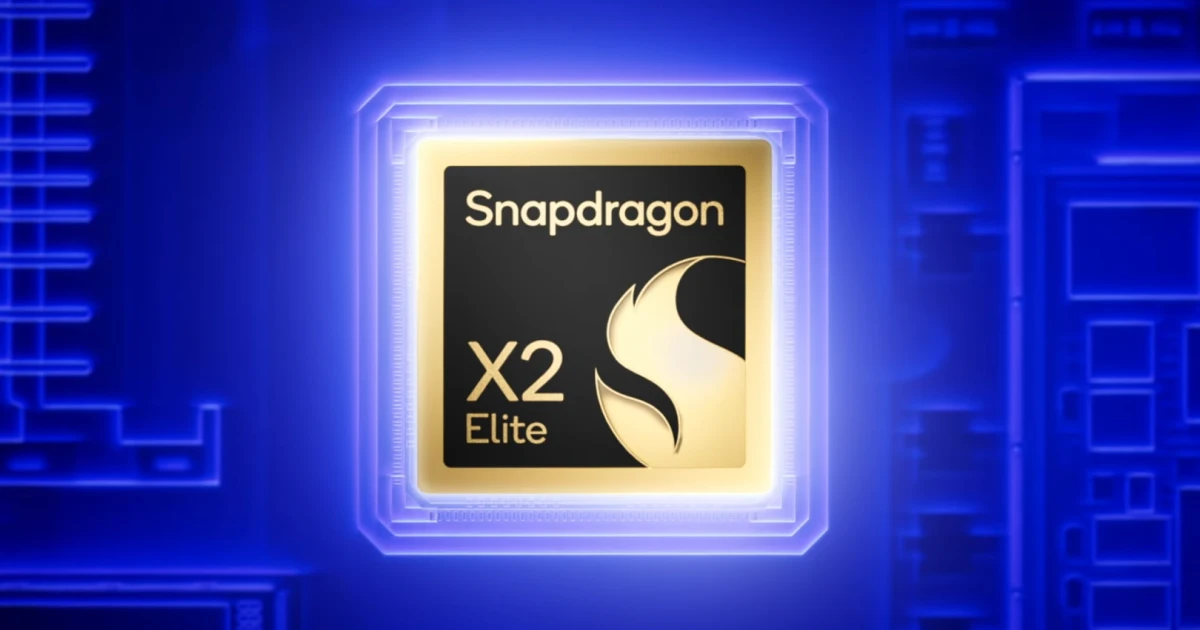Let’s face it - since industrialization automation has been the competition in the job market for centuries. So what does all this mean for us? Can AI put us out of work?
Yes, AI is changing and shaping the job industry, that we know! It's a threat to job security, and it will change the nature of work in ways that many people don't realize (yet).
Let's start with what we know: AI is reshaping the labor market by making it easier for companies to hire fewer workers and increase productivity. According to one study by McKinsey Global Institute, 65% of jobs could be automated within 20 years, and this doesn't just apply to blue-collar jobs as white-collar workers are at risk too!
Even more so, AI will make many jobs obsolete altogether because they require tasks that can be done faster and more efficiently by machines than humans can do.
We have good news though! Most estimates predict that artificial intelligence will create more jobs than it will eliminate.
However, the impact of artificial intelligence on the job market is still uncertain, but most experts agree that it's unlikely to cause massive unemployment anytime soon. The reason for this is simple: there are many definitions of "artificial intelligence," and each one applies to a different technology or industry.
For people who work in industries where automation is most likely to grow, career training can help them stay ahead of the curve.
Take cybersecurity and data science, those are two growing fields that require constant retraining. Software engineers must also keep up with new technology by learning new languages and frameworks. Even core programming languages have changed drastically over the last decade or so. Machine learning and artificial intelligence demand constant updating as well. So, it is hard for software engineers to stay current on all these topics without devoting all their free time to education!
Let’s say that you're a computer programmer with 10 years of experience but no expertise in data science or machine learning. The company you work for has recently hired an AI specialist. Your employer may ask you to consider taking online courses on these subjects or applying them at home while continuing your current job or might ask you to switch careers indefinitely! Which can be frustrating.
Automation and artificial intelligence are not going away. They're here to stay, and they will continue to grow in importance as our world becomes more connected, efficient, and automated by technology.
However, as technology and AI chatbots such as virtual assistants are evolving, we need to learn how to collaborate and we all may find greater benefits in collaborating with technology to leverage the best of both worlds. By using AI's ability to analyze data and provide valuable insights, we can learn how we can work more efficiently and effectively.
AI technology, AI chatbots, virtual assistants, or a voice assistant will eliminate a lot of jobs, but will also create new ones and will deliver new opportunities. The new market will need AI maintenance specialists, machine learning engineers, and, of course, robotics engineers.
And, I think it’s safe to say, that the healthcare system is the one that has the most advantages with the rise of AI and robotics. With virtual assistants and AI-powered chatbots at our disposal, we have access to cost-effective solutions that work around the clock, do not need vacations, and are always ready to address health-related concerns and alleviate our anxieties.
Whether you're an entrepreneur looking to get ahead of the curve or a worker who wants to make sure you don't fall behind, you must understand how these technologies can impact your career path, and what steps you can take now so that when they do arrive on your doorstep there will still be work available!
















